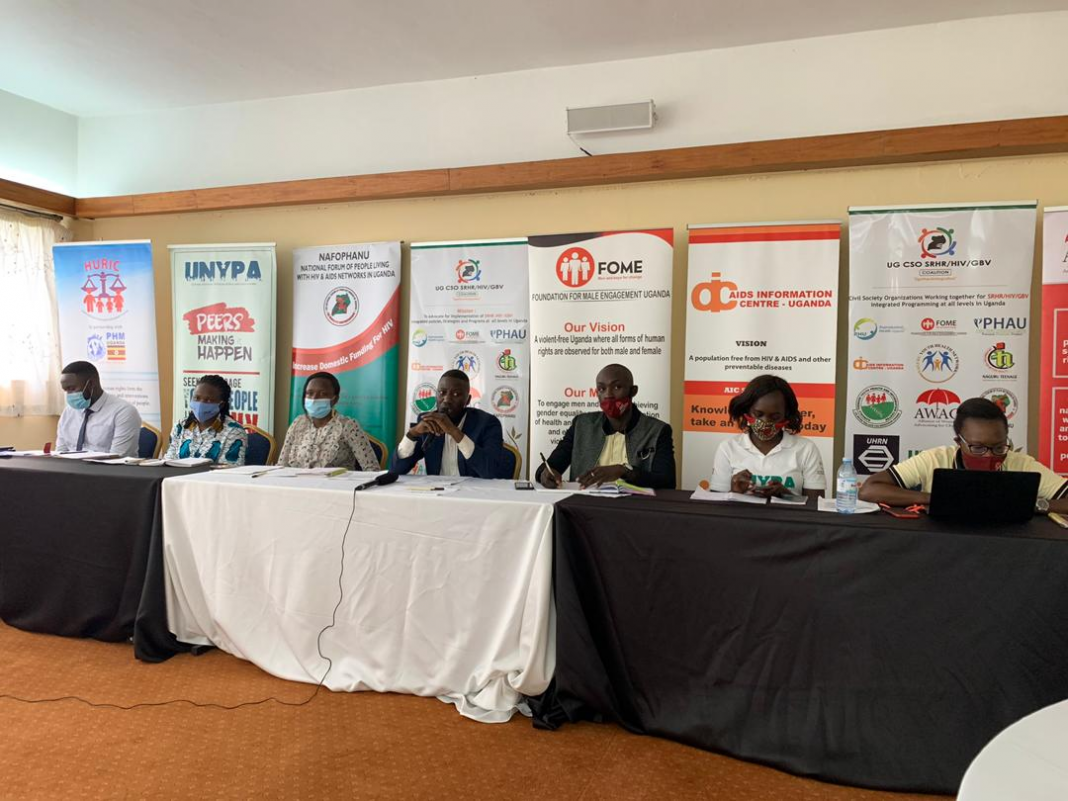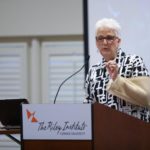The Civil Society Organisations (CSO) advocating for Sexual Reproductive Health and Rights (SRHR), AIDS and Gender Based Violence (GBV) have called for domestic funding for comprehensive, efficient and effective service delivery to people living with HIV in the country.
The clarion call was made by the Executive director for the Foundation for Male Engagement Uganda (FOME) Mr. Joseph Nyende at Golf Course hotel in Kampala. He also called for integrated service provision at the various health centers in the country.
According to CSOs, HIV services can provide an effective entry point for the key SRHR and SGBV services such as family planning, cervical cancer screening, post-exposure prophylaxis (PEP) and other SGBV support and maternal health.
The CSOs advocacy coalition for integration, is a group of over 23 organisations working to promote integrated SRHR, HIV, GBV programing and an enabling environment in Uganda. The coalition is coordinated by the FOME with support from Uganda aid information center (AIC).
“By integration we mean that clients should be able to receive medical attention in a one stop center. In this a client can be referred to a different service point but within the same facility to access all the required services,” he said.
Despite the progress toward integration in Uganda, there is inadequate domestic funding for SRHR, HIV and GBV. This according to Mr. Nyende has retarded the serves delivery in the country and this in manifested in continuous stock out of medical supplies.
Martha Nakato from the Uganda Network of Young People Living with HIV (UNYPA) urged the ministry of labour gender and social development to expedite the process of finalizing and approving the national out of school sexuality education framework and the implementation guidelines for adolescents and young people.
“School sexuality education is not sex education. The policy will help guiding school going children and best handle menstrual challenges, and other issues which contribute to the hiking numbers of school dropouts,” she said.
Winfred Ikilai, from the national forum for people living with HIV and Aids network in Uganda (NAFOPHANU) said there is inadequate human resource to support SRHR, HIV and GBV services, recruitment and retaining of health workers remain a big challenge especially in the remote areas.







